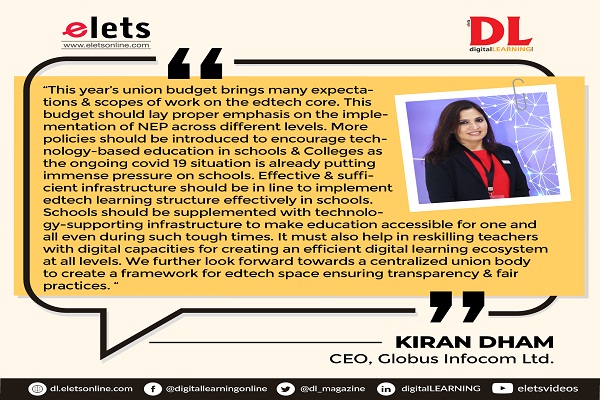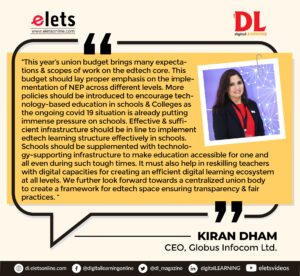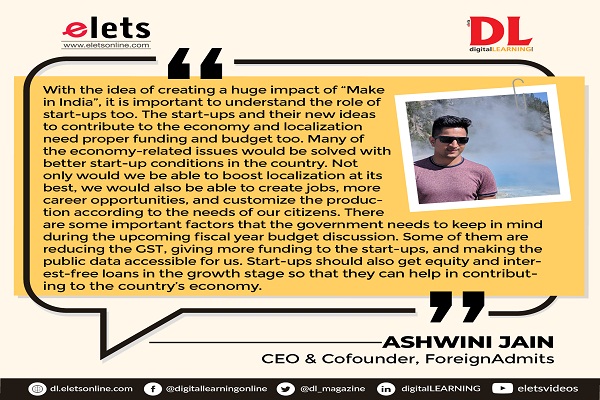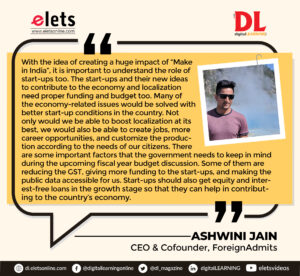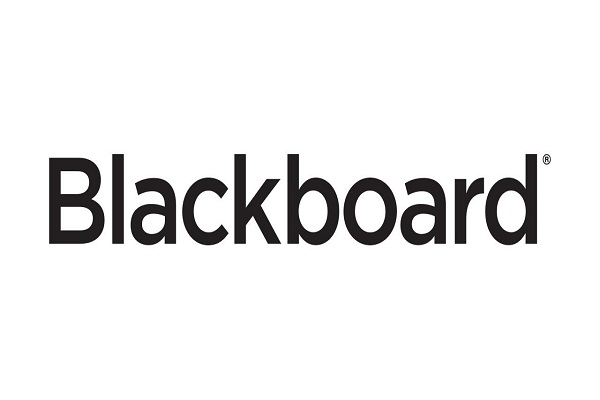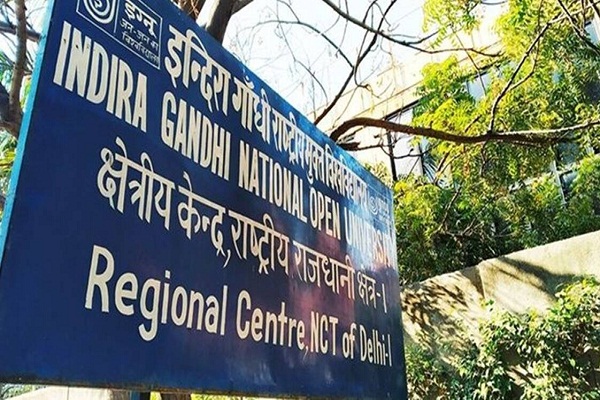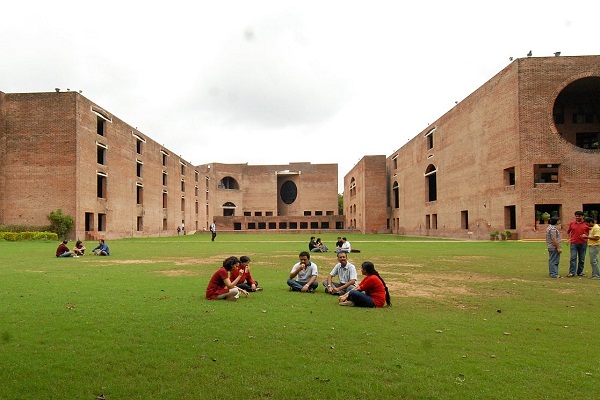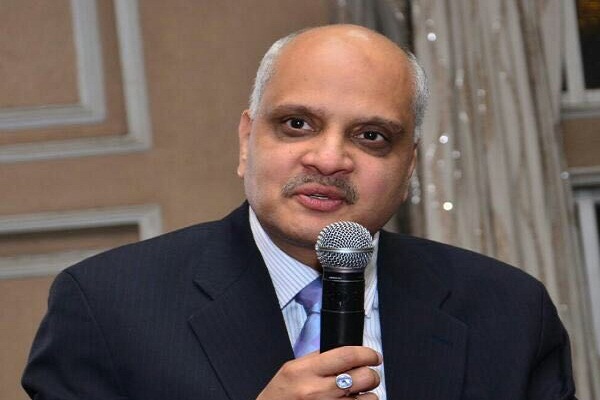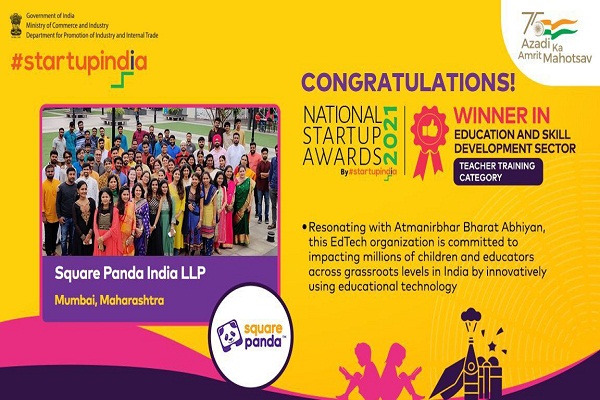In a recently held online ceremony, the Government of India announced the winners of the National Startup Awards 2021, with Square Panda India winning in the category ‘Education & Skill Development for Teacher Training’. The Ministry said that six parameters were used to decide the winners – innovation, scalability, economic impact, social impact, environmental impact, and inclusiveness and diversity.
This was the second edition of the National Startup Awards that recognises and rewards outstanding start-ups that have demonstrated measurable social impact, and high potential of employment generation or wealth creation. A total of 46 startups were felicitated for their contribution in their respective sectors.

The award has been organised under the aegis of the Hon’ble Prime Minister’s Startup India initiative, which has been successful in its efforts to catalyse India’s startup culture, building a strong ecosystem for nurturing innovation and entrepreneurship across the country, thereby driving sustainable economic growth. This has resulted in India emerging as the third-largest startup ecosystem in the world.
Offering his thoughts, the Hon’ble PM said, “I congratulate all the innovative startups that are flying India’s flag high. It is my wish that India’s startup culture reaches every corner of India, which is why we have decided to establish 16th January as National Startup Day henceforth.”
The ceremony was also attended by the Union Minister of Commerce & Industry, Consumer Affairs, Food & Public Distribution and Textiles, Shri Piyush Goyal, who while quoting PM Modi said, “Today, India is rapidly moving towards hitting the century of unicorns. I believe the golden era of India’s start-ups is starting now. The Government is standing with our innovators, and so is the entire country. Let’s Innovate for India, innovate from India!”
Square Panda India was accorded this award for its technology-based solutions, such as its Teacher Training Programmes that upskill custodians of education in keeping with the objectives of NEP 2020. This includes expertly designed programmes created and contextualised for India using global best practices ensures holistic, continuous professional and skill development of educators, which in turn results in improved learning outcomes for all.
Commenting on this momentous honour, Square Panda India MD Ashish Jhalani stated, “We are humbled and honoured to be given this award in recognition of our education interventions across India’s grassroots. We thank our diverse partners that have been an integral part of this journey of ours, and pledge to continue furthering India’s growth story through comprehensive and innovative tech solutions that help every stakeholder realise their full potential. Through this, we envision driving better learning outcomes for children across the nation and building India anew.”
“The Award recognises Square Panda India’s contribution to India’s education system and its role in shaping the nation’s socio-economic landscape and will continue to inspire the organisation to usher social change via the transformative power of education,” Jhalani added.
Along with being felicitated during an award ceremony, Square Panda India and a few selected startups were given the opportunity to present policy recommendations to Hon’ble Prime Minister Shri Narendra Modi, outlining how to leverage education and skill development as key enablers for inclusive growth & sustainable development.






